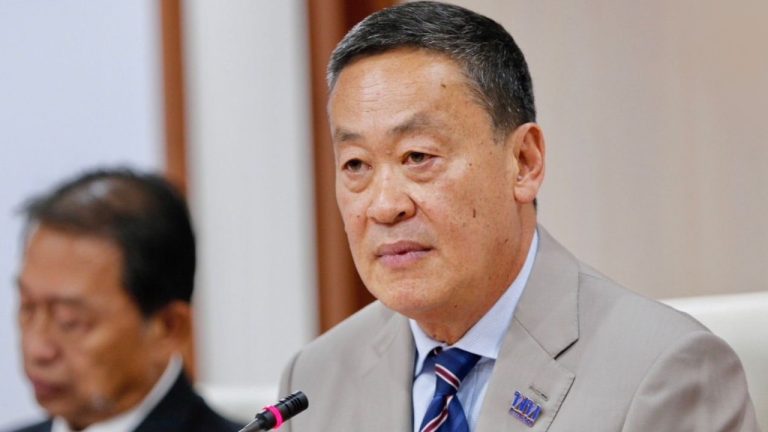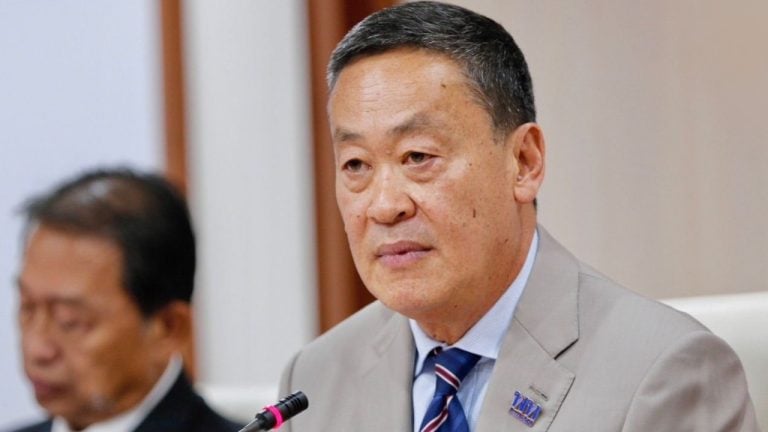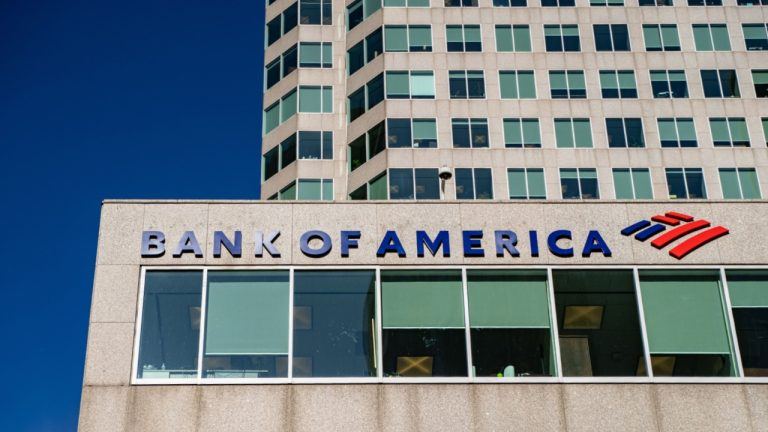
Pheu Thai Candidate Promises Digital Currency Airdrop of $300 to Every Citizen in Thailand if Elected

A Pheu Thai candidate running for prime minister of Thailand position, Srettha Thavisin, has promised that every citizen in the country will receive 10,000 Thai baht ($300) in digital currency if he wins the general election in May. However, a minister within the prime minister’s office in Thailand is concerned and has explained that the proposed airdrop could pose major challenges with specific implications.
Thailand Prime Minister Candidate’s $300 Airdrop Promise Raises Concerns
On Wednesday, Srettha Thavisin, a Pheu Thai candidate for prime minister of Thailand, declared that if his party wins the general election, the government will airdrop 10,000 baht in digital currency to every citizen in the country who is 16 years old or older. The Bangkok Post was the first to report on the story after it was revealed by the Pheu Thai chief adviser, Paetongtarn Shinawatra, on Wednesday.
Thailand wouldn’t be the only government to airdrop digital currency to its citizens, as the government in El Salvador airdropped $30 worth of bitcoin (BTC) to citizens who were Chivo wallet users. According to the Bangkok Post report, the Pheu Thai party’s initiative is aimed at attracting crypto assets and blockchain innovation to Thailand. However, the free money must be spent within a “4-kilometer community radius within six months” of the project’s first phase, as stated by Bangkok Post reporter Supoj Wancharoen.
Thanakorn Wangboonkongchana, a minister in the prime minister’s office, is concerned about the proposed airdrop and wants “more details.” He also noted that “creating a digital currency would be a major challenge with implications for Thailand’s entire financial system,” according to the Bangkok Post report. Wancharoen also shared an opinion from Preeyaphat Raksasana, a second-year university student, who questioned where the funds for the airdrop would come from.
“The policy is disgusting,” Raksasana said. “Do they really think most people are that foolish?”
Since the Covid-19 pandemic, “helicopter money” or one-time direct stimulus payments to citizens has become a norm in several countries. A number of politicians across the world have proposed giving stimulus airdrops to citizens, and some have even supported schemes like universal basic income (UBI). In June 2023, Thailand’s government created a stimulus package worth 140 billion baht ($4.5 billion), with a good portion of the funds being allocated for one-time direct stimulus payments.
What are your thoughts on the use of airdropped digital currencies as a form of economic stimulus, and do you believe it could have positive or negative implications for Thailand’s financial system? Share your thoughts in the comments section below.
Go to Source
Author: Jamie Redman









